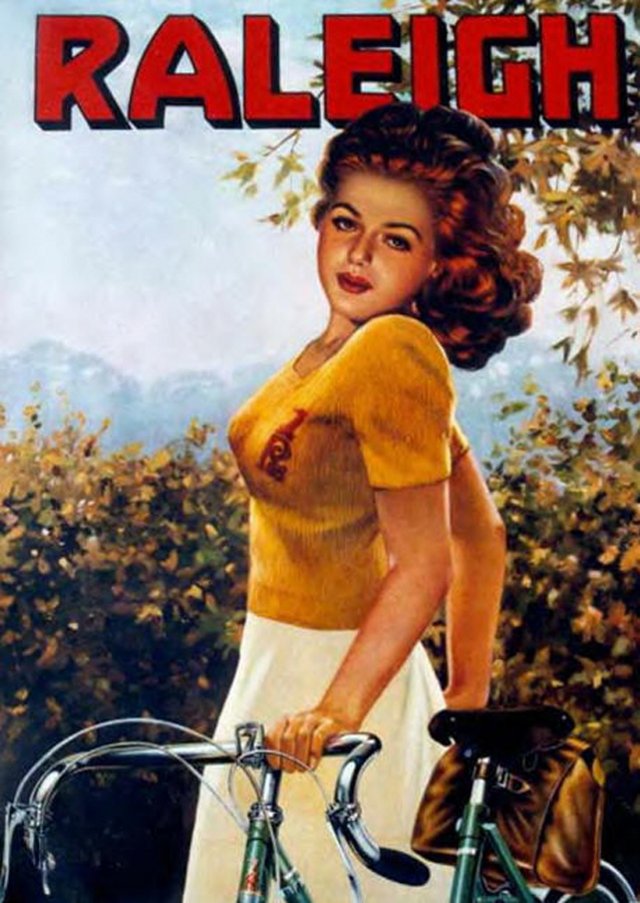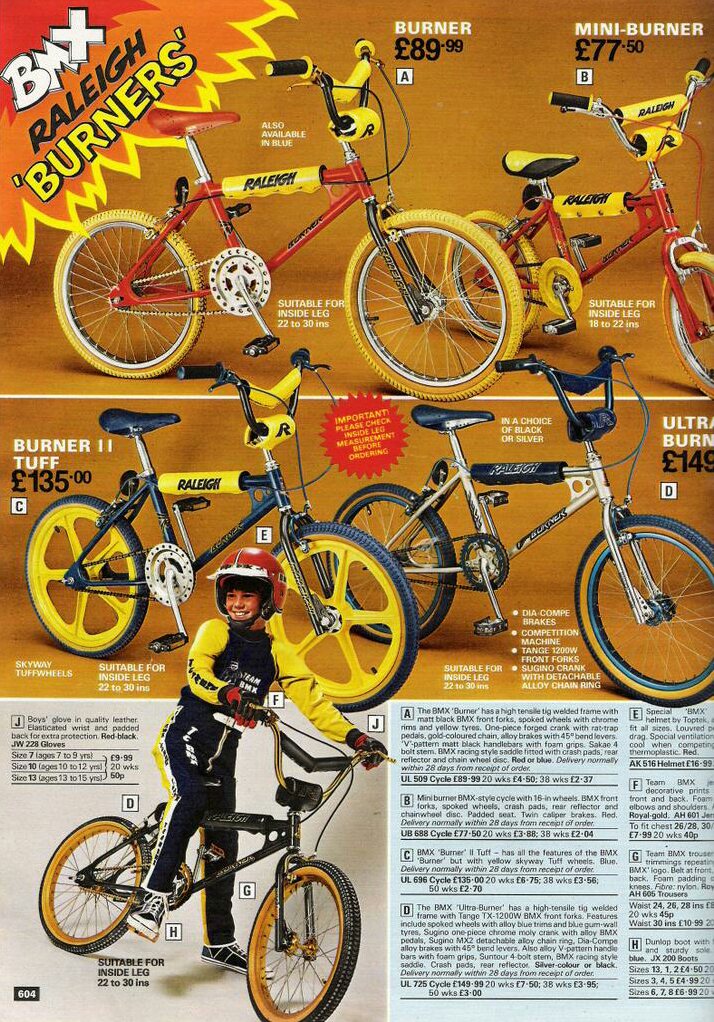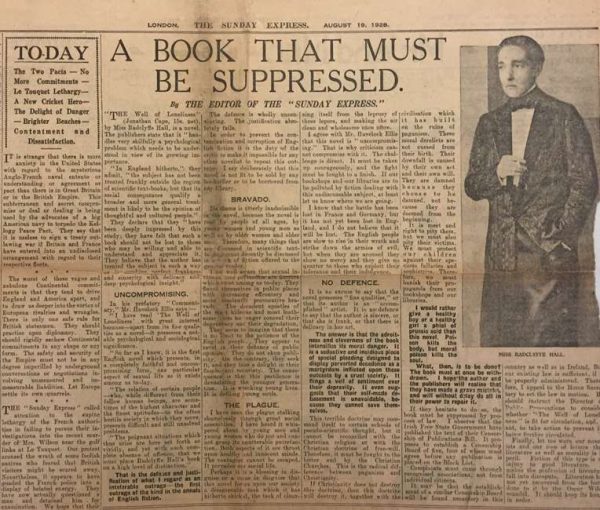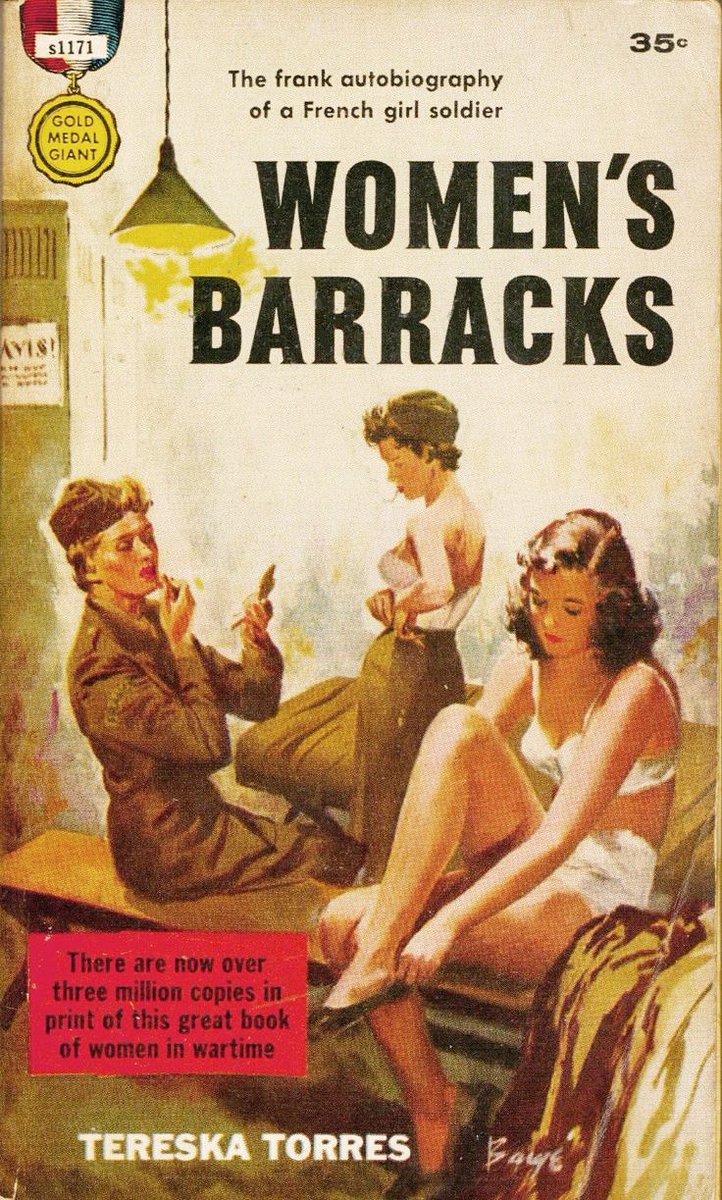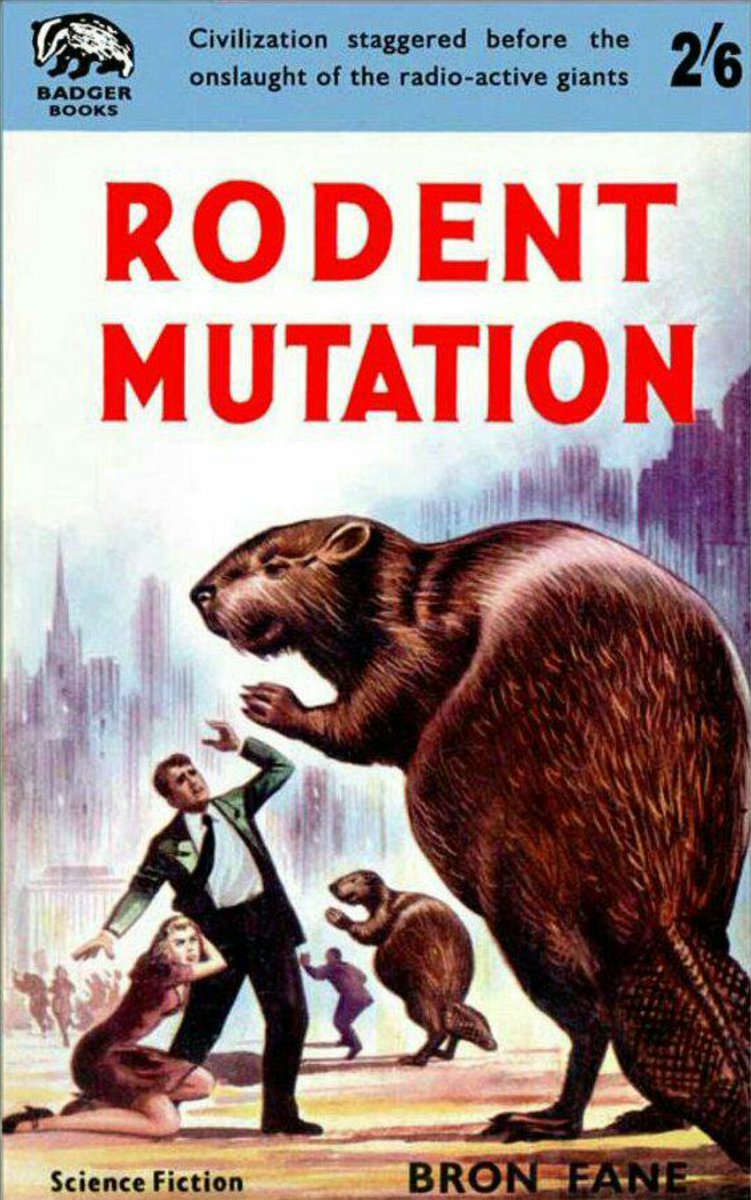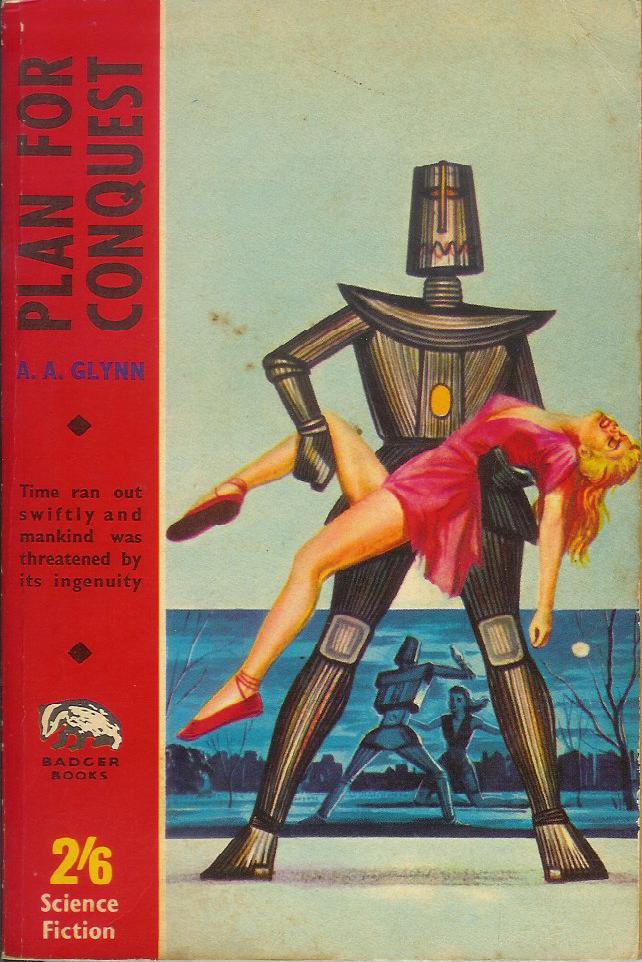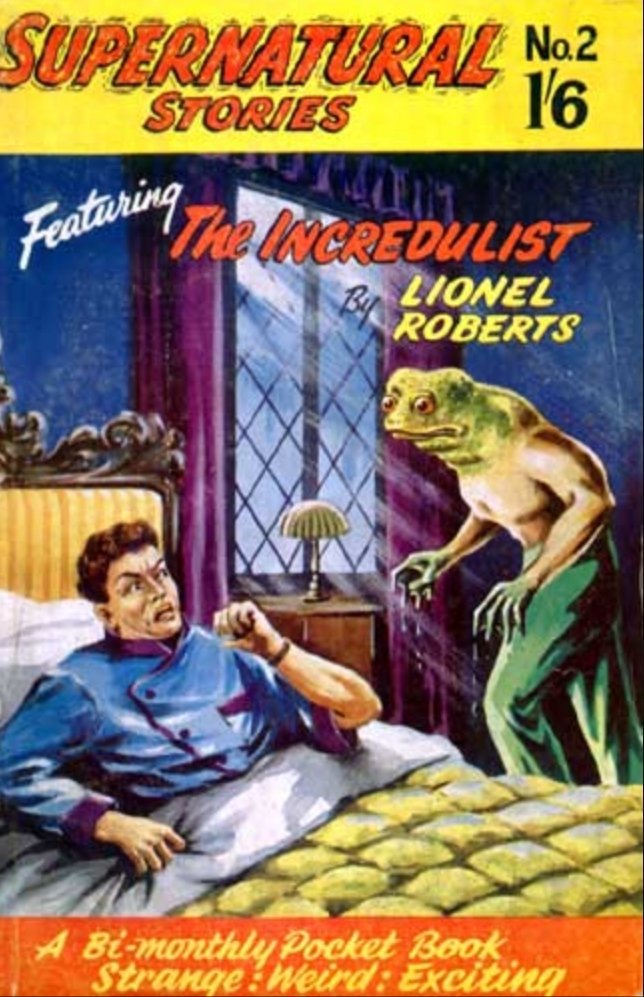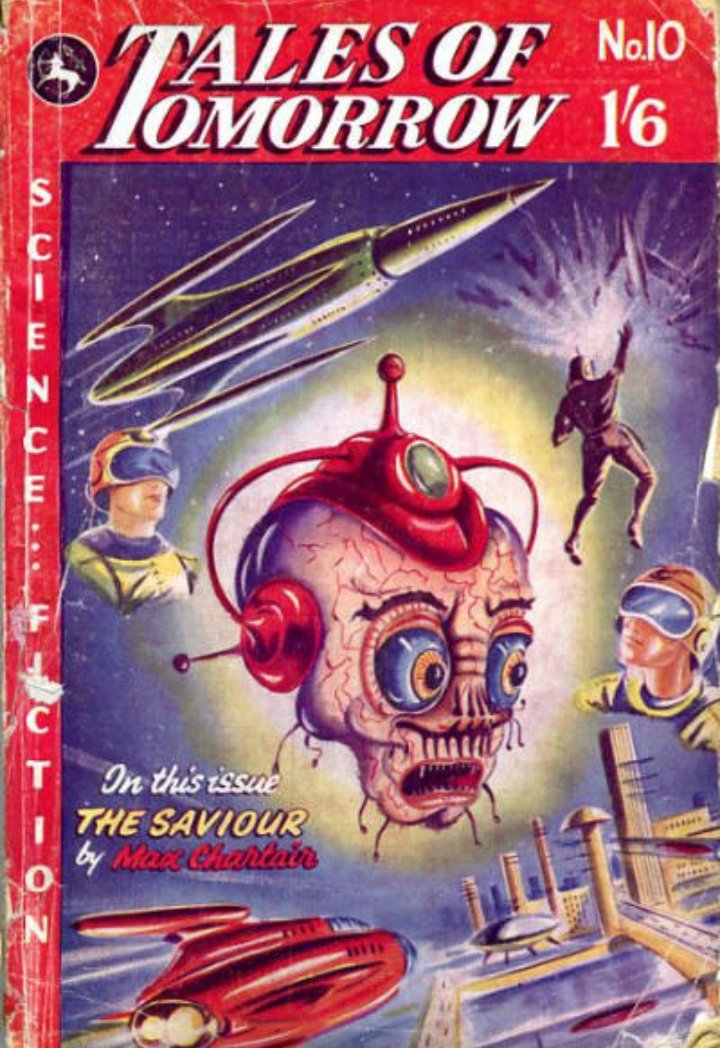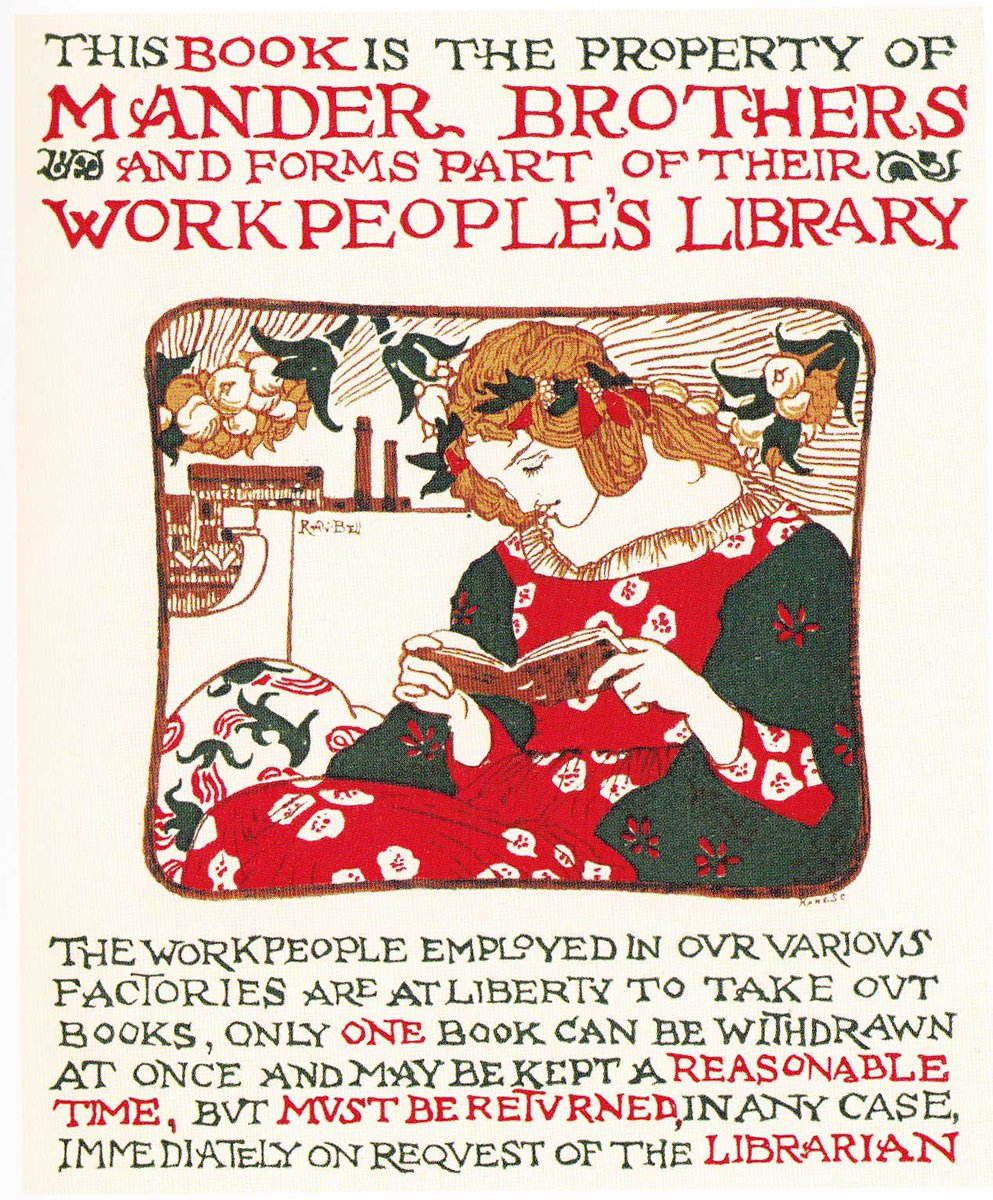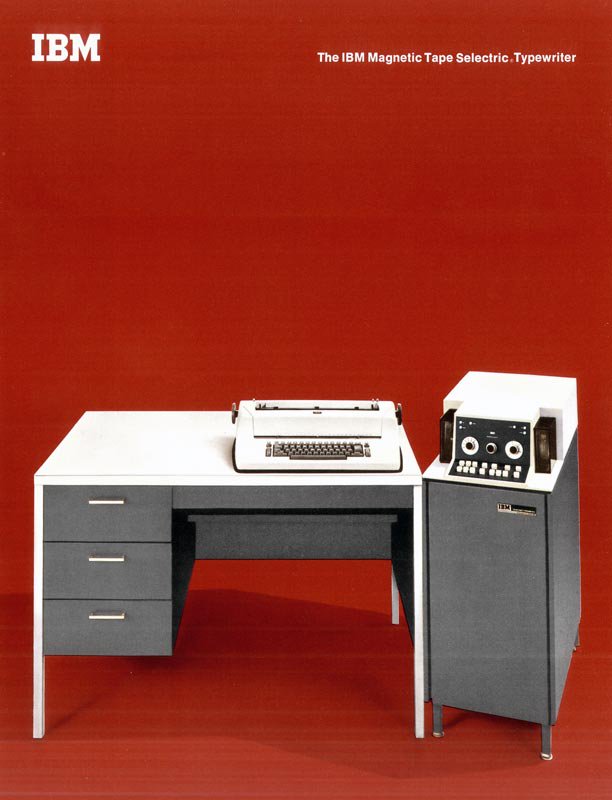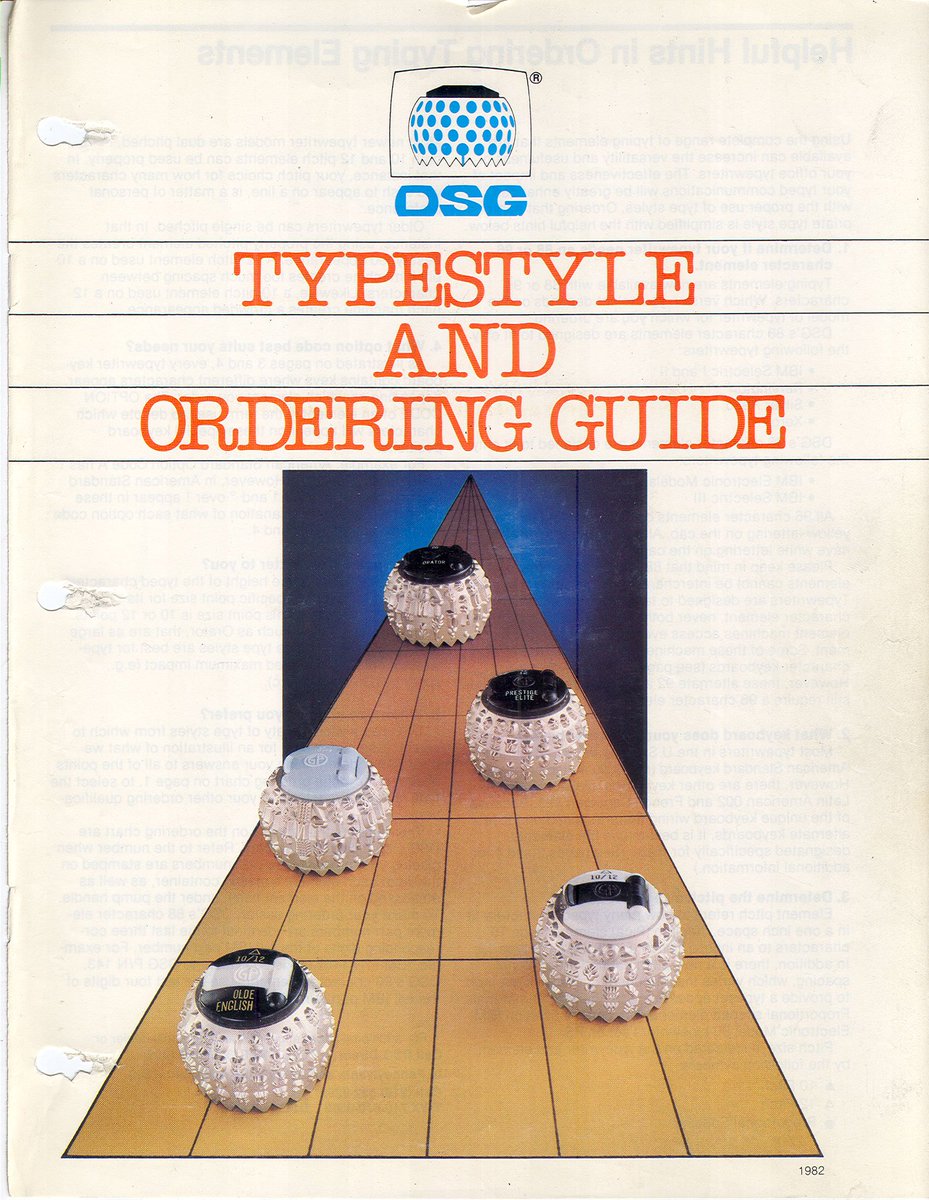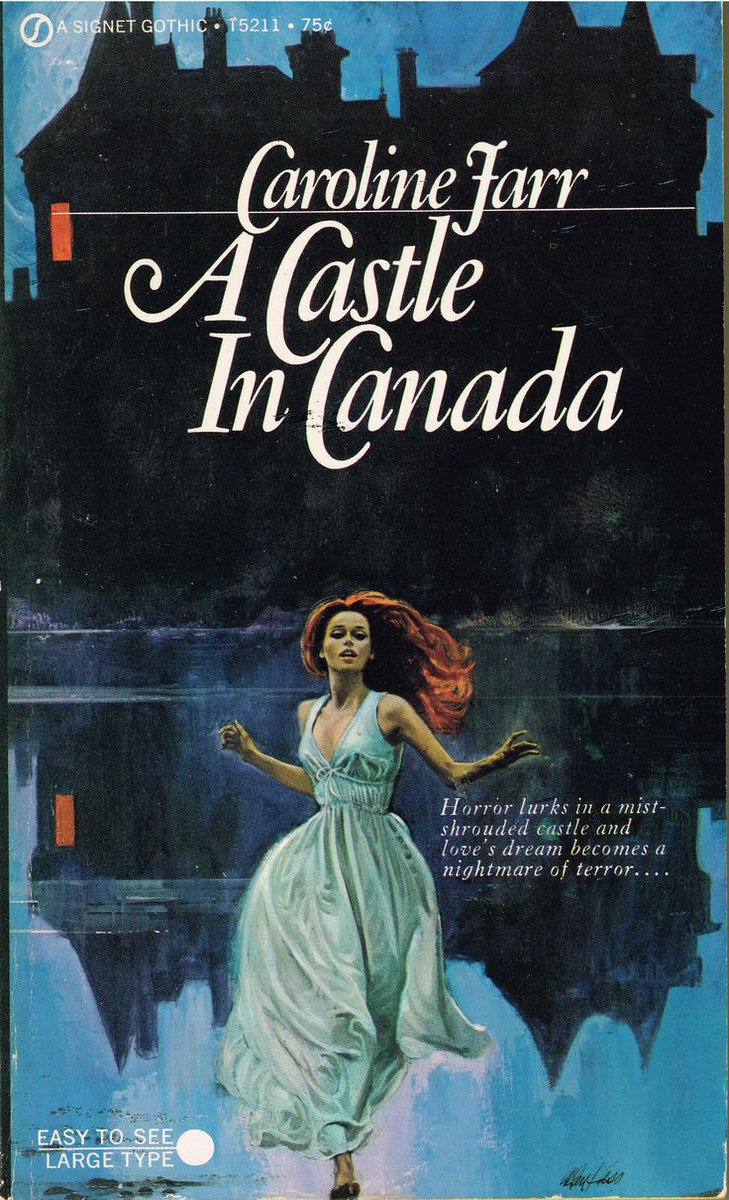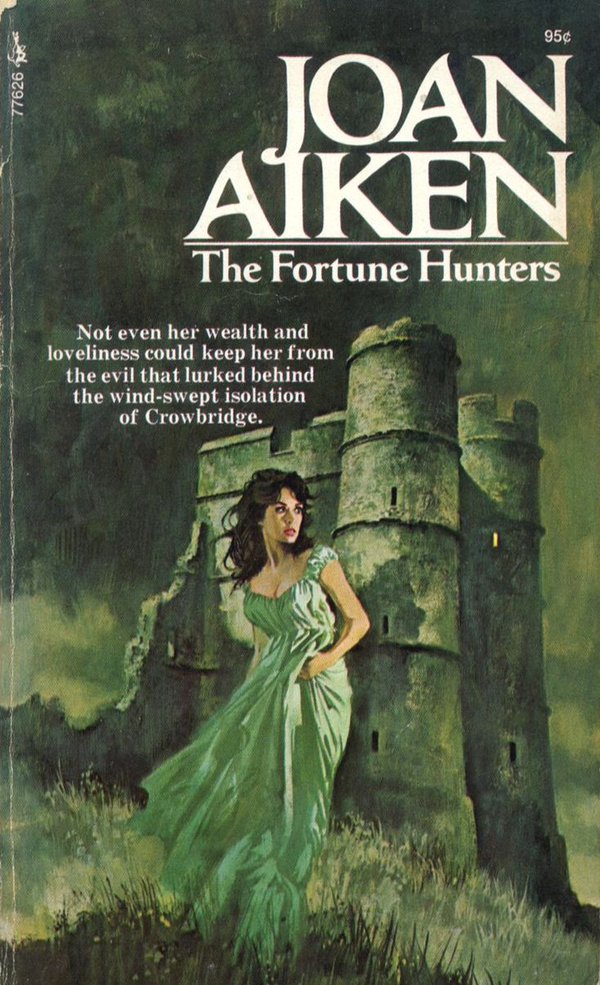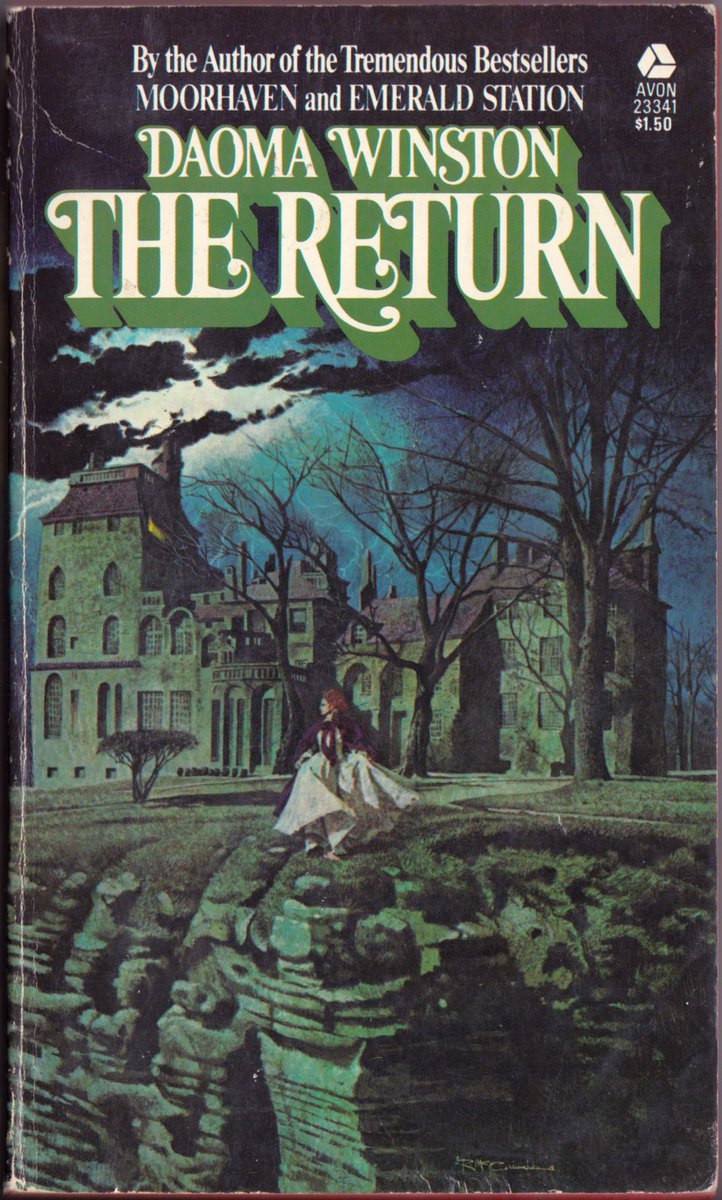
Today in pulp... I look back at Raleigh bikes: the most exciting bikes on the planet! #ThursdayMotivation #cycling 



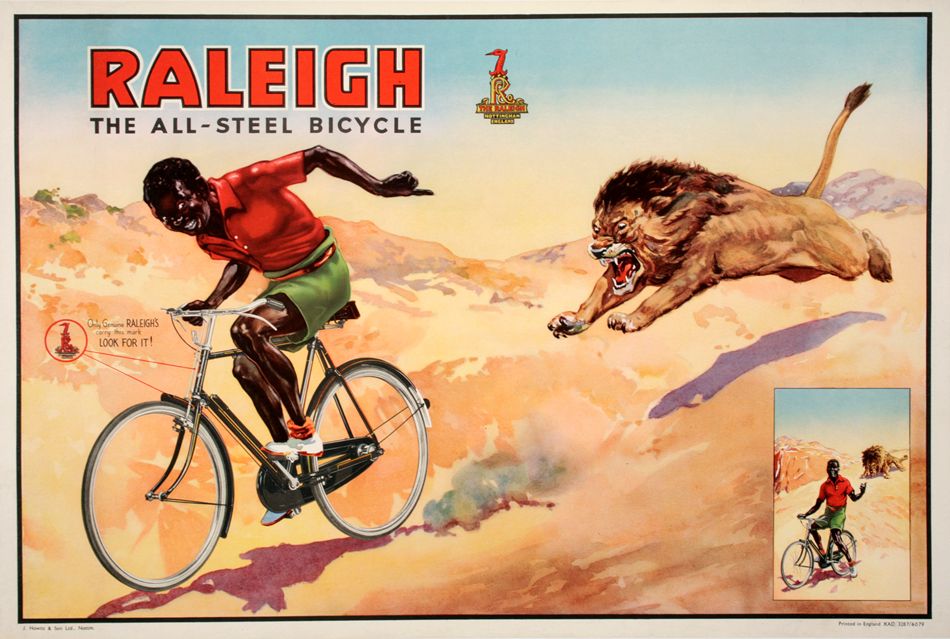
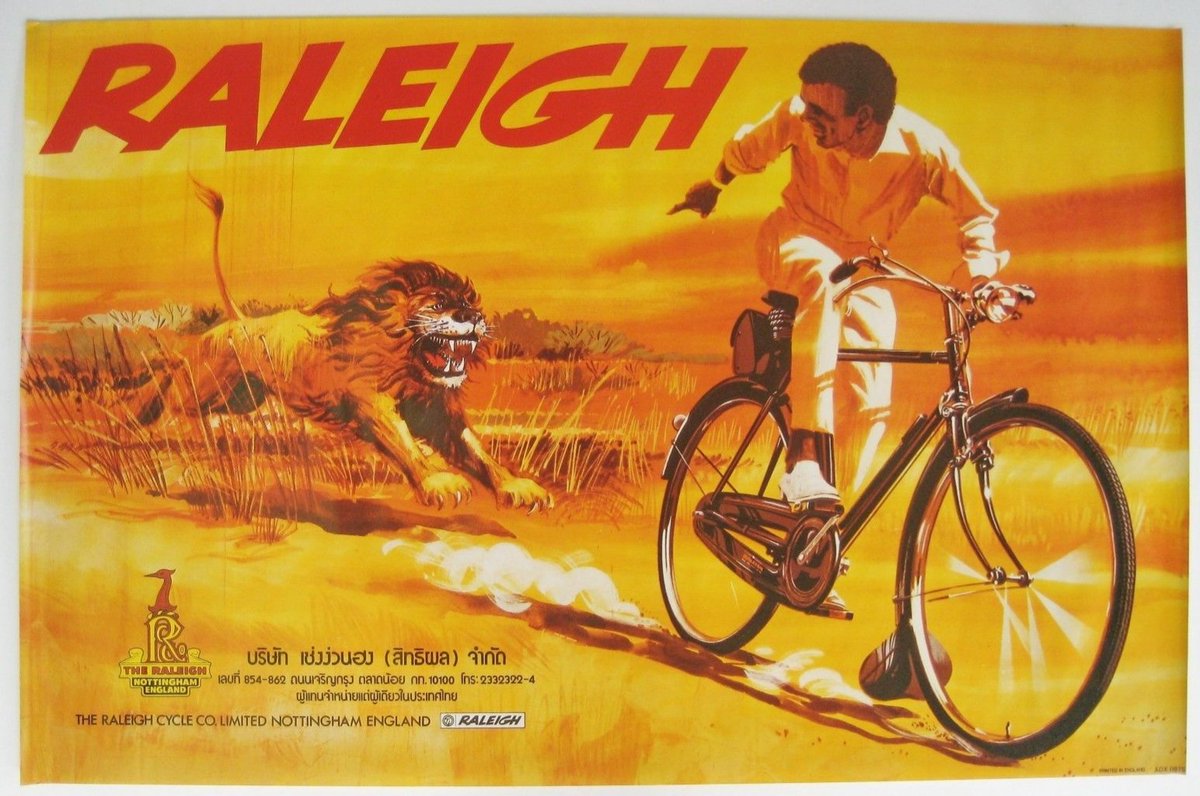
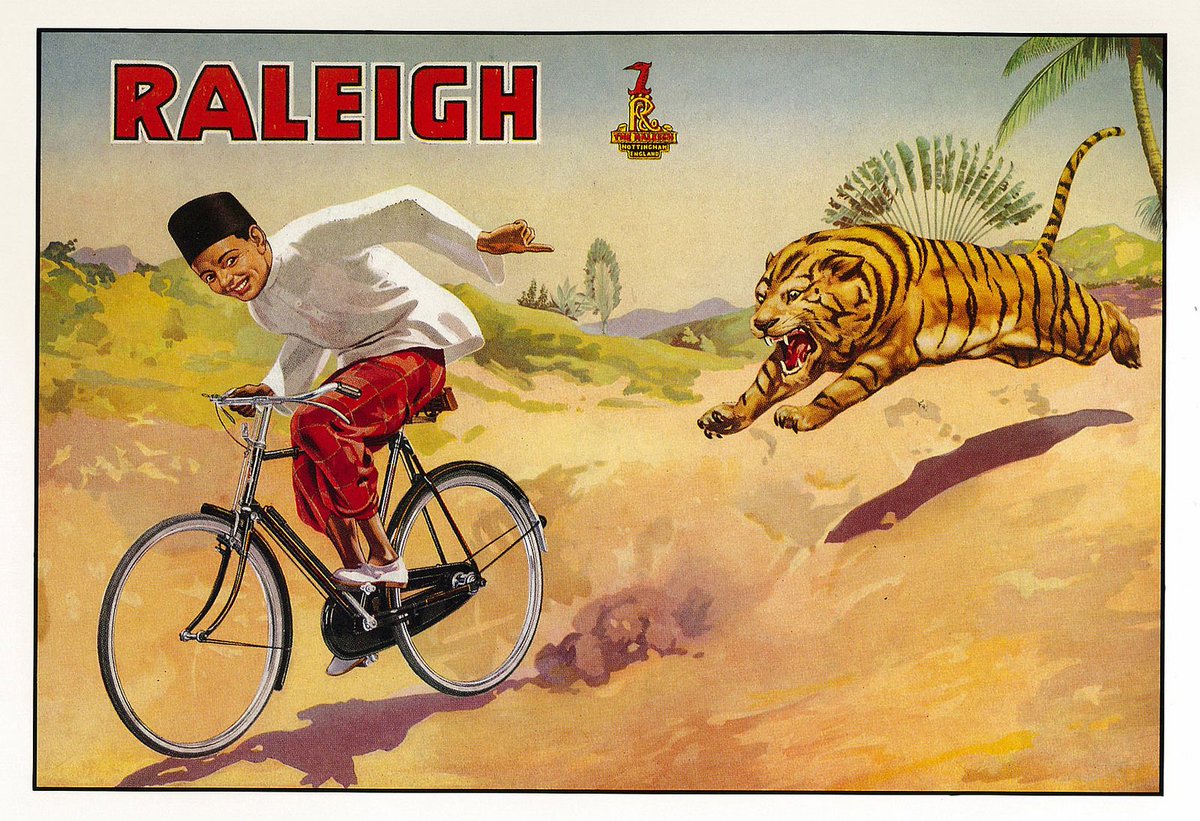
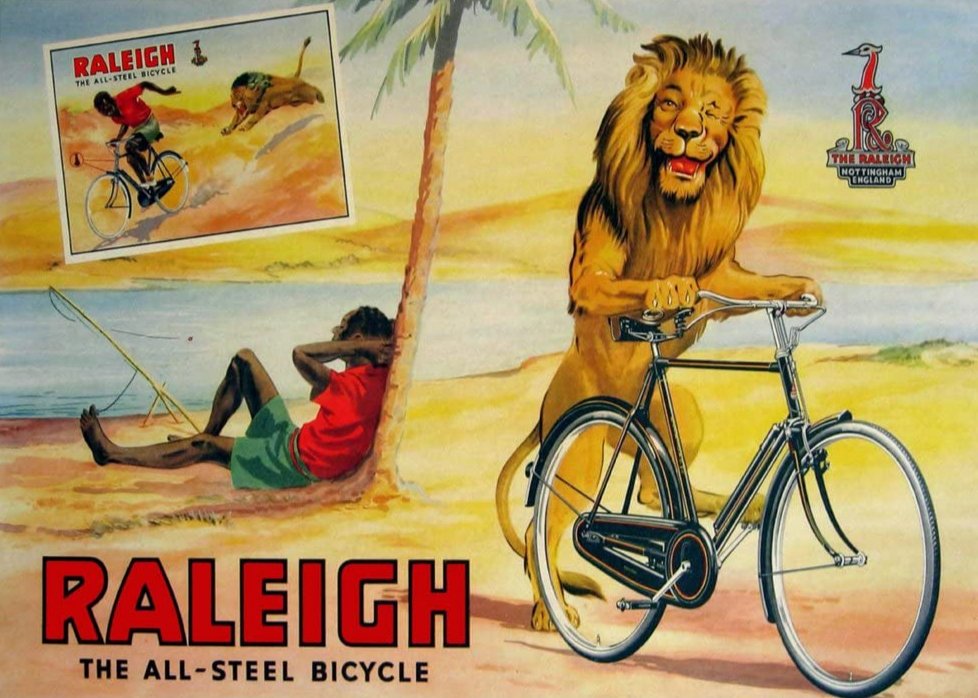
Raleigh was the all steel bike that defined a generation of cyclists: for many it was their first introduction to the joys - and perils - of cycling! 

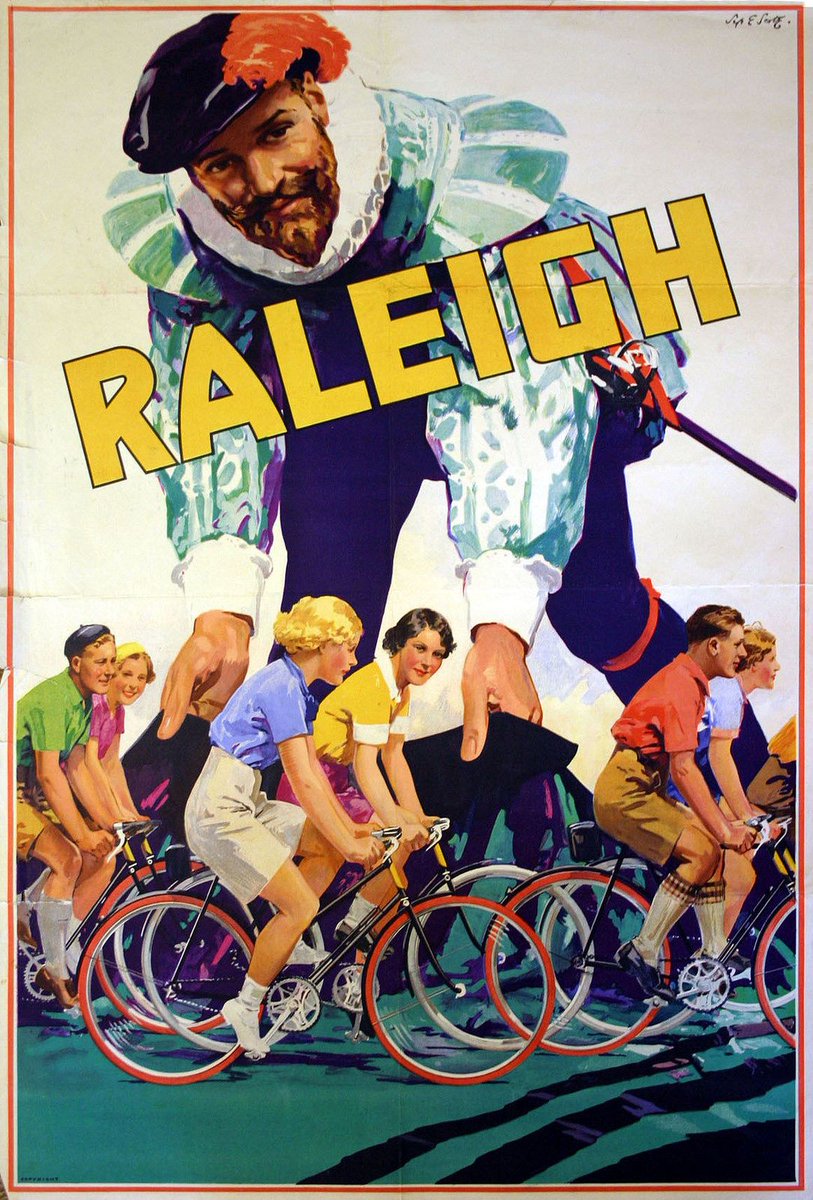

The brand was named after Sir Walter Raleigh - inventor of the cigarette. And it was built in Nottingham - home of the cigarette. So obviously everyone who rode one smoked... 
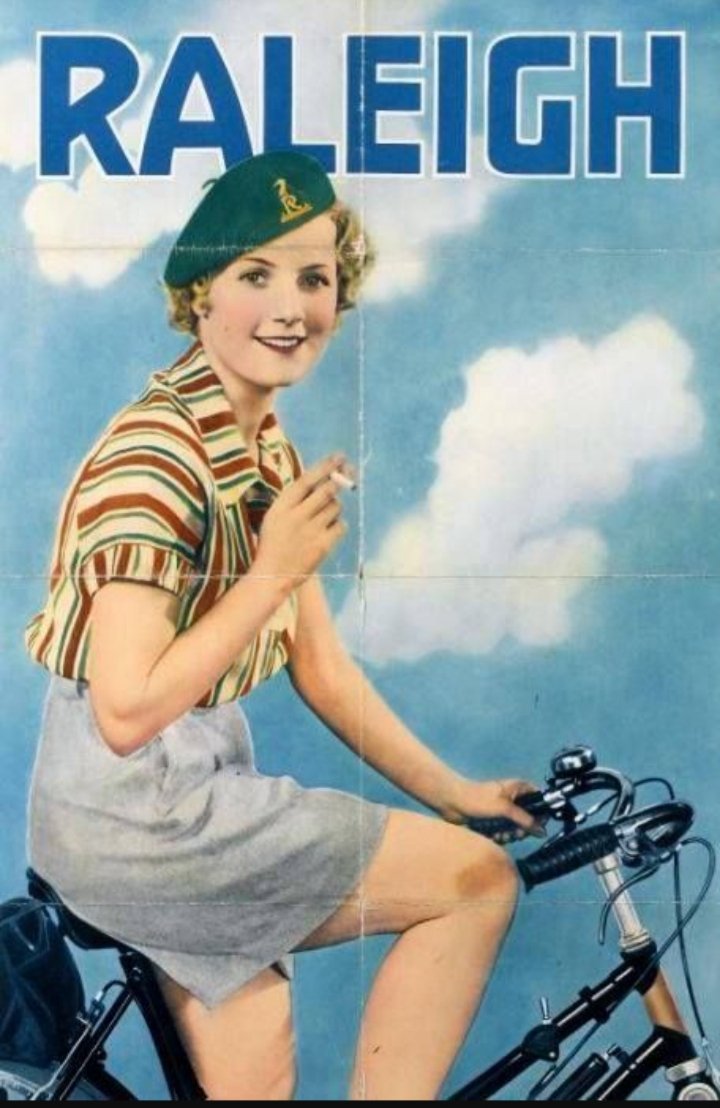
...but you didn't come here for that! You want a big fat hit of nostalgia, so let's get right to it. 

Let's start with the good stuff: the 10 speed Mark l Raleigh Chopper! Possibly the most dangerous - and therefore best - bike any child could own. I mean, look at it!! 
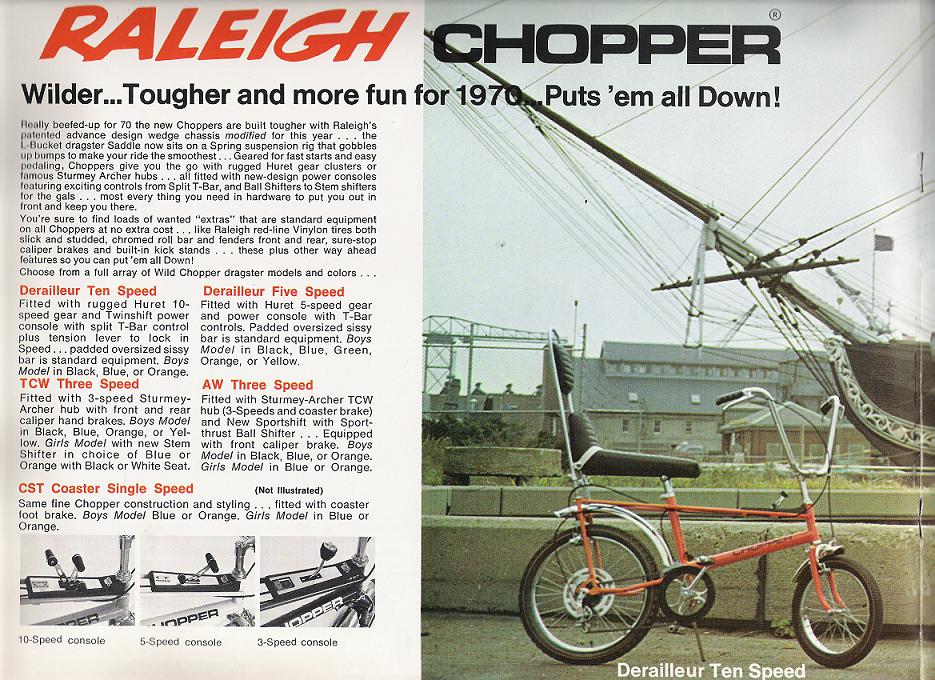
Bizarre wheels, an unbalanced banana seat and a frankly lethal gear lever placement made the Mark l Chopper a bike that required strong nerves to ride! 
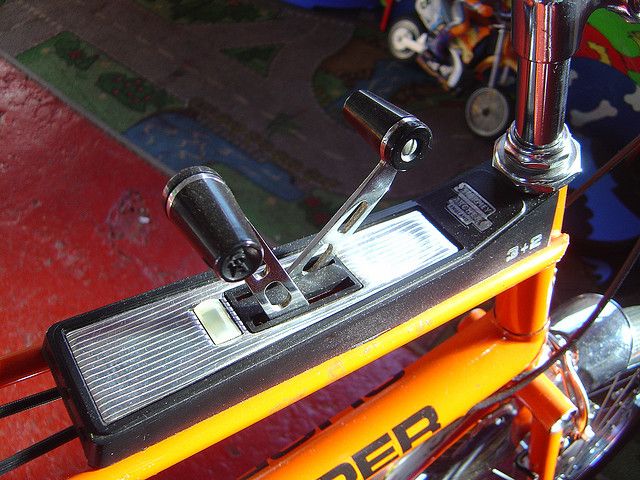
Junior Chopper options were available: the Budgie and the Tomahawk let you slowly build up your confidence, along with your bruises, blisters and minor fractures. 
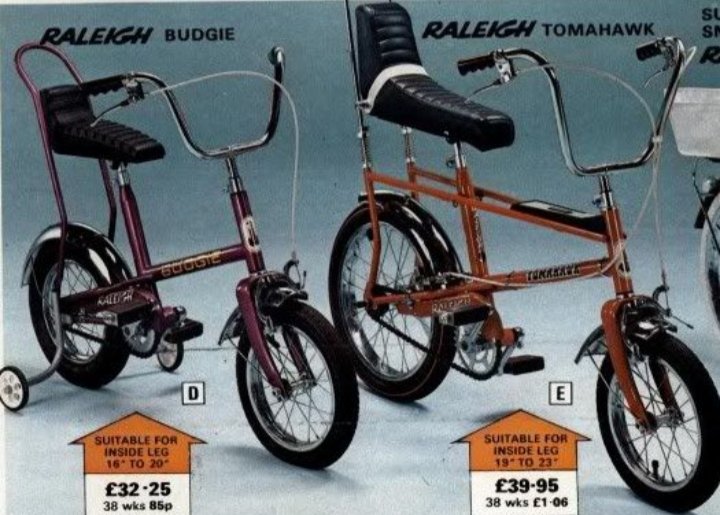
By 1976 Raleigh had released the Mark ll chopper: less unbalanced but still next to impossible to ride safely in flares. Couldn't they give us a chain guard or something? 
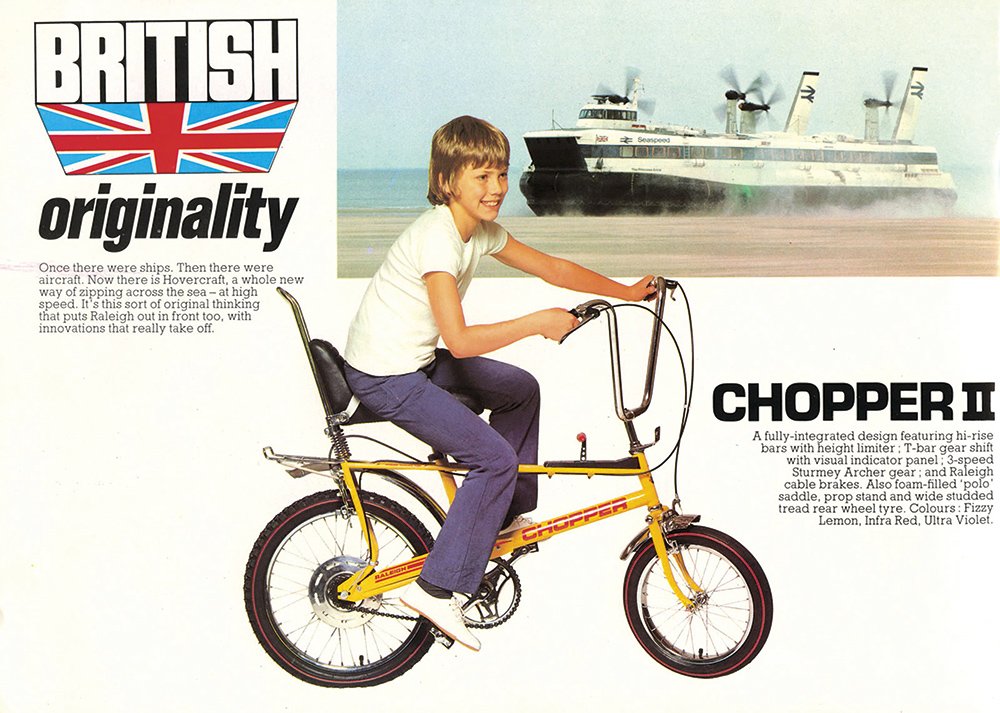
The Chopper was the bike of the '70s that's for sure. But times they were a changing, and as the Summer of Punk came around so did a new, tougher kind of bike for the nation's youth... 

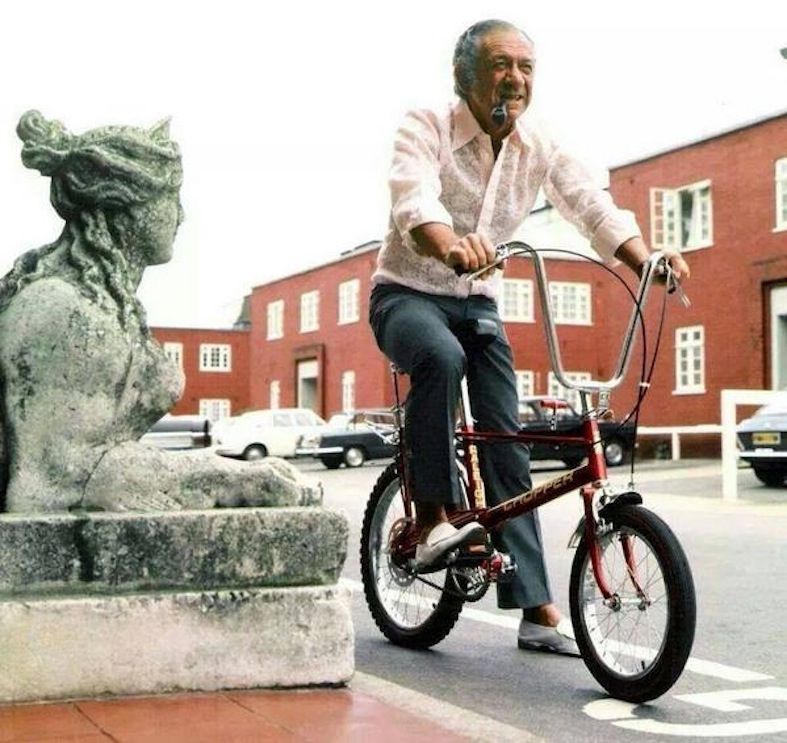
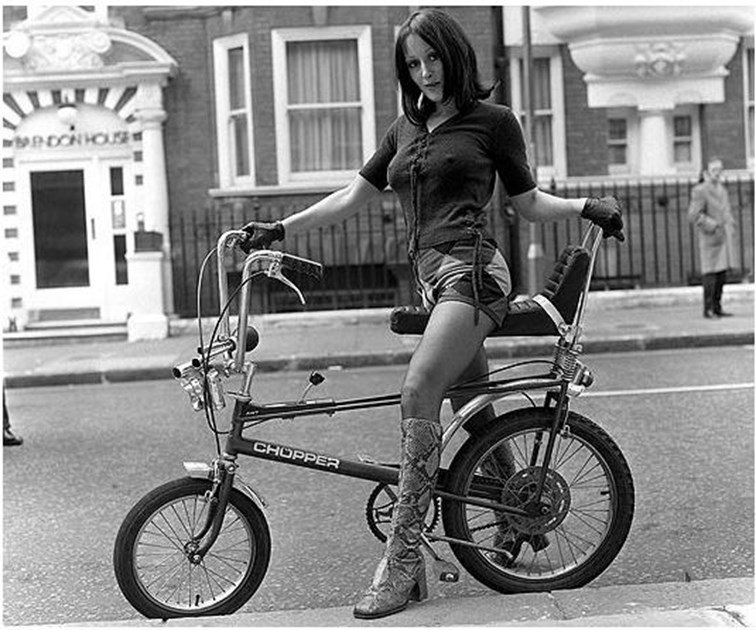
The Raleigh Grifter was made of pig iron and could withstand a direct nuclear blast. Never was a bike so heavy to ride or so unforgiving on the cobbles...
...but it looked boss! With a three speed twist-grip gear shifter and a mean padded crossbar this is the bike Bodie and Doyle would ride to school. It was mean. And very heavy. 
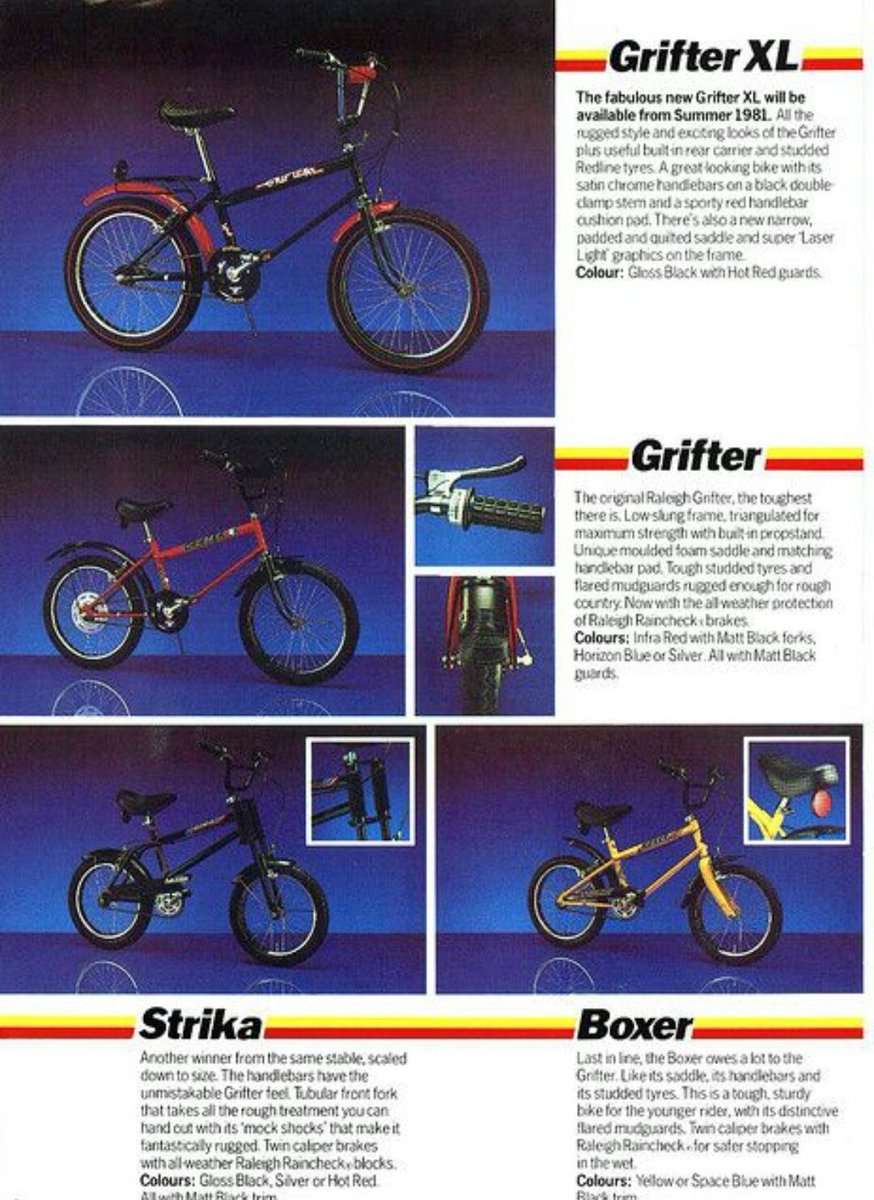
Grifter Gangs soon sprung up across the country: ITV-watching toughs who smoked Bensons and knew the lyrics to Sham 69 songs! They probably read Battle Action too! 

BMX fever gripped Britain in 1980, and only one bike would do for the country's bunny-hopping youth. The Burner had it all... 
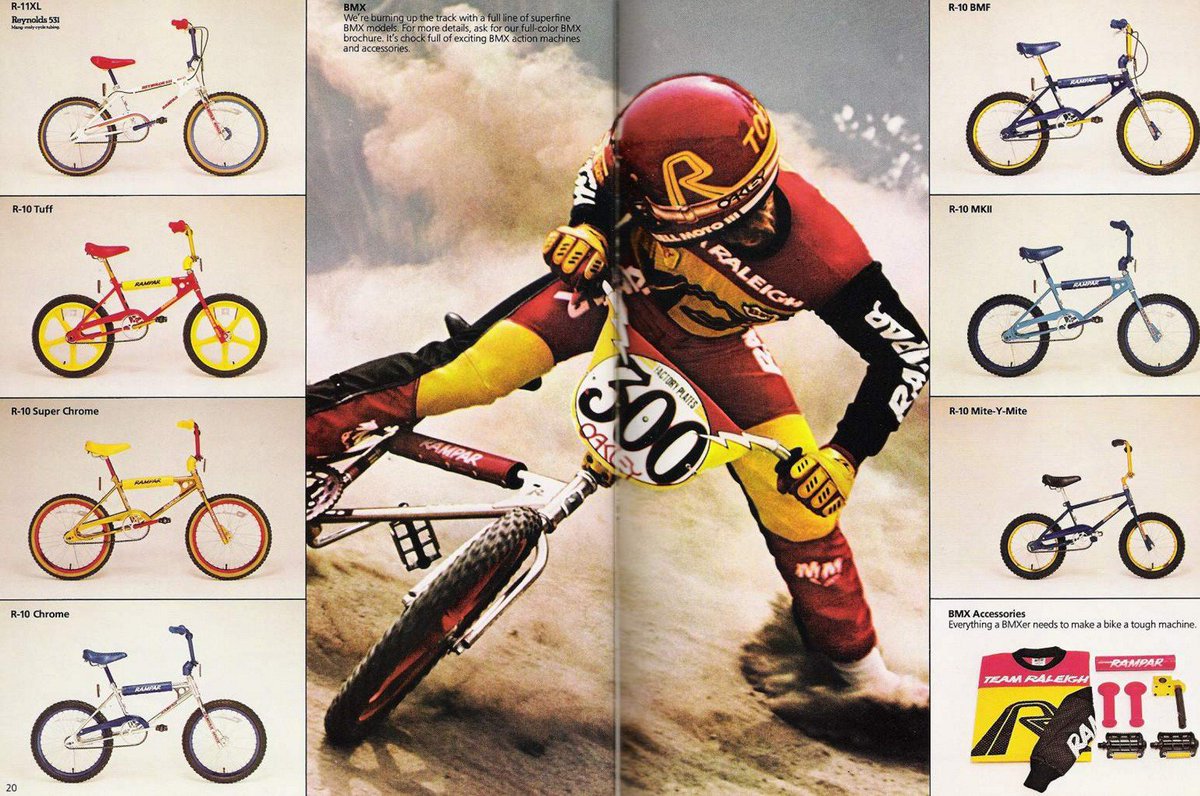
The Mark ll version in sky blue and banana yellow, with tuff wheels and dipped crossbar remains a thing of beauty to this day. Why it's not in the Tate Modern is beyond me. Raleigh had reached its peak... 
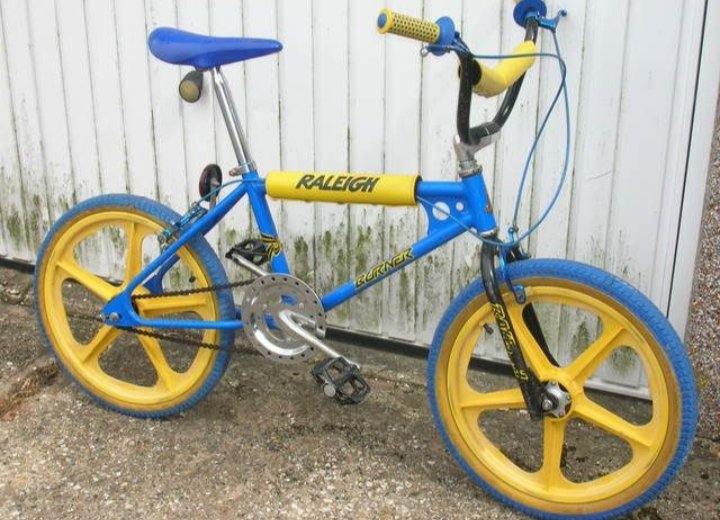
...and it was all downhill from there. The Bomber? The Maverick? Please! Raleigh failed to really get the mountain bike craze of the mid-80s and as BMX sales slumped so did the company's fortunes... 

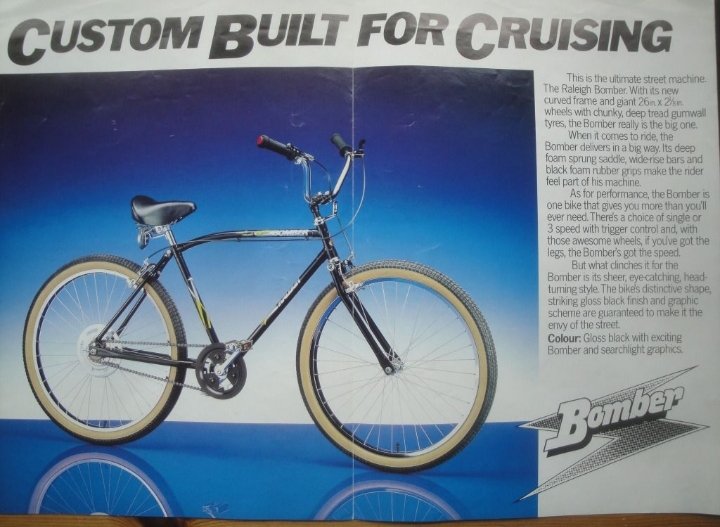

It's last radical idea was the Vectar: a computerised bike designed by a man with a ruler. It was cycling's answer to Street Hawk, and lasted about as long. 
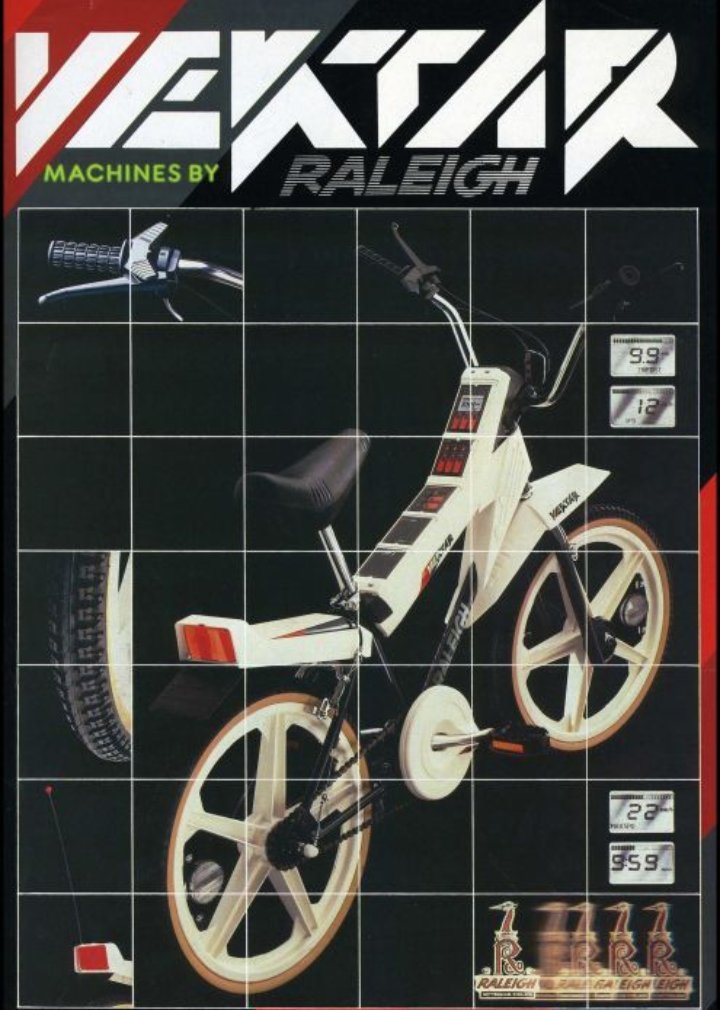
Raleigh bikes were crazy, energetic and innovative in their own British way. For example the 1970s Raleigh Strika anticipated the front fork shock absorber concept decades before other manufacturers... 

And there is still a frisson of excitement to be had every time you grab a vintage Raleigh and go bombing around the local park. That feeling will never leave us. Nor will the minor concussion from falling off it and hitting a tree. Happy days!
More stories another time...
More stories another time...
• • •
Missing some Tweet in this thread? You can try to
force a refresh

